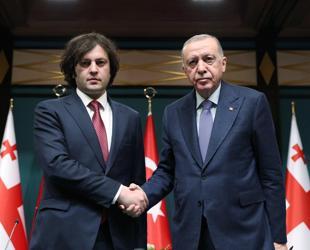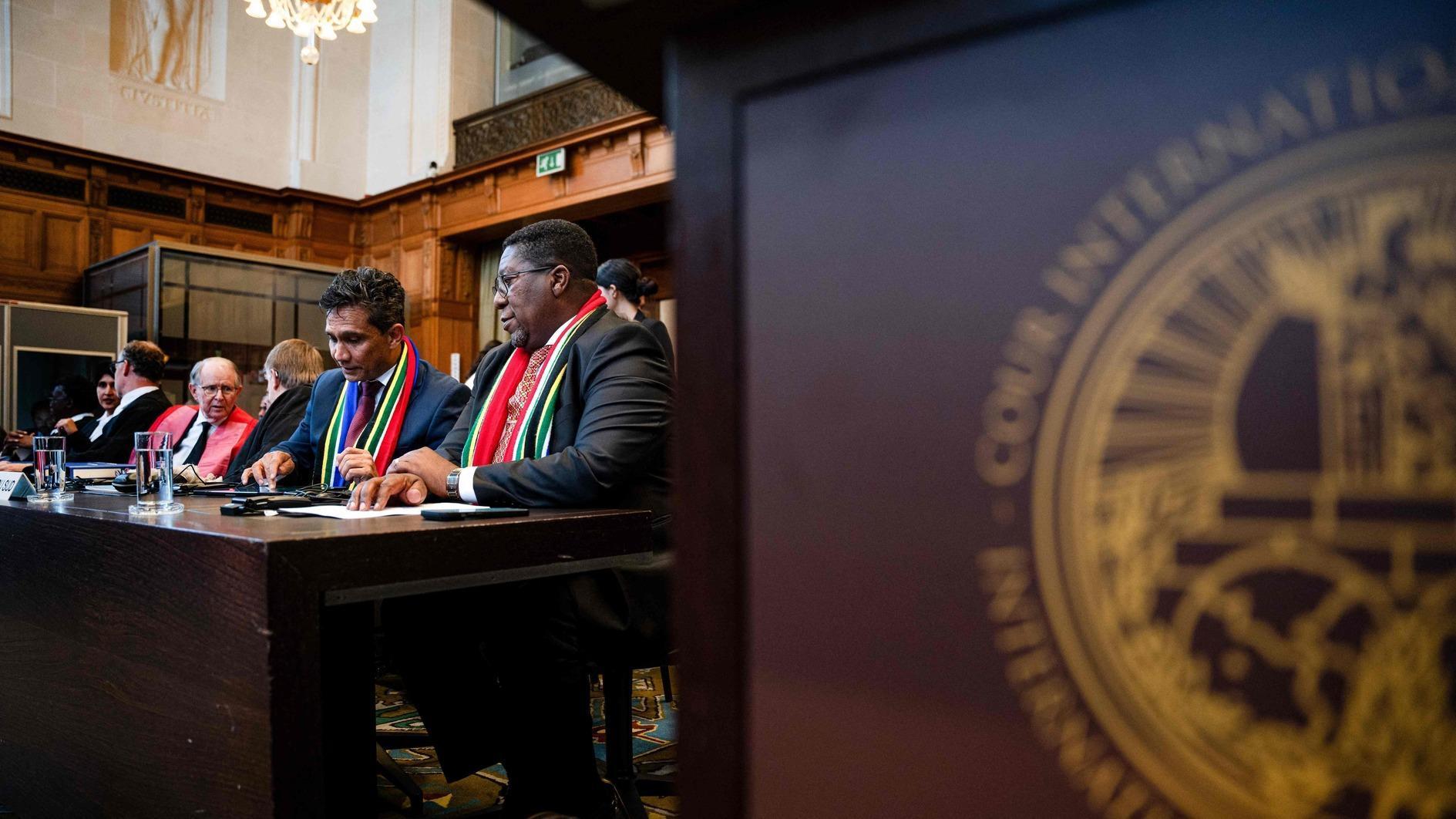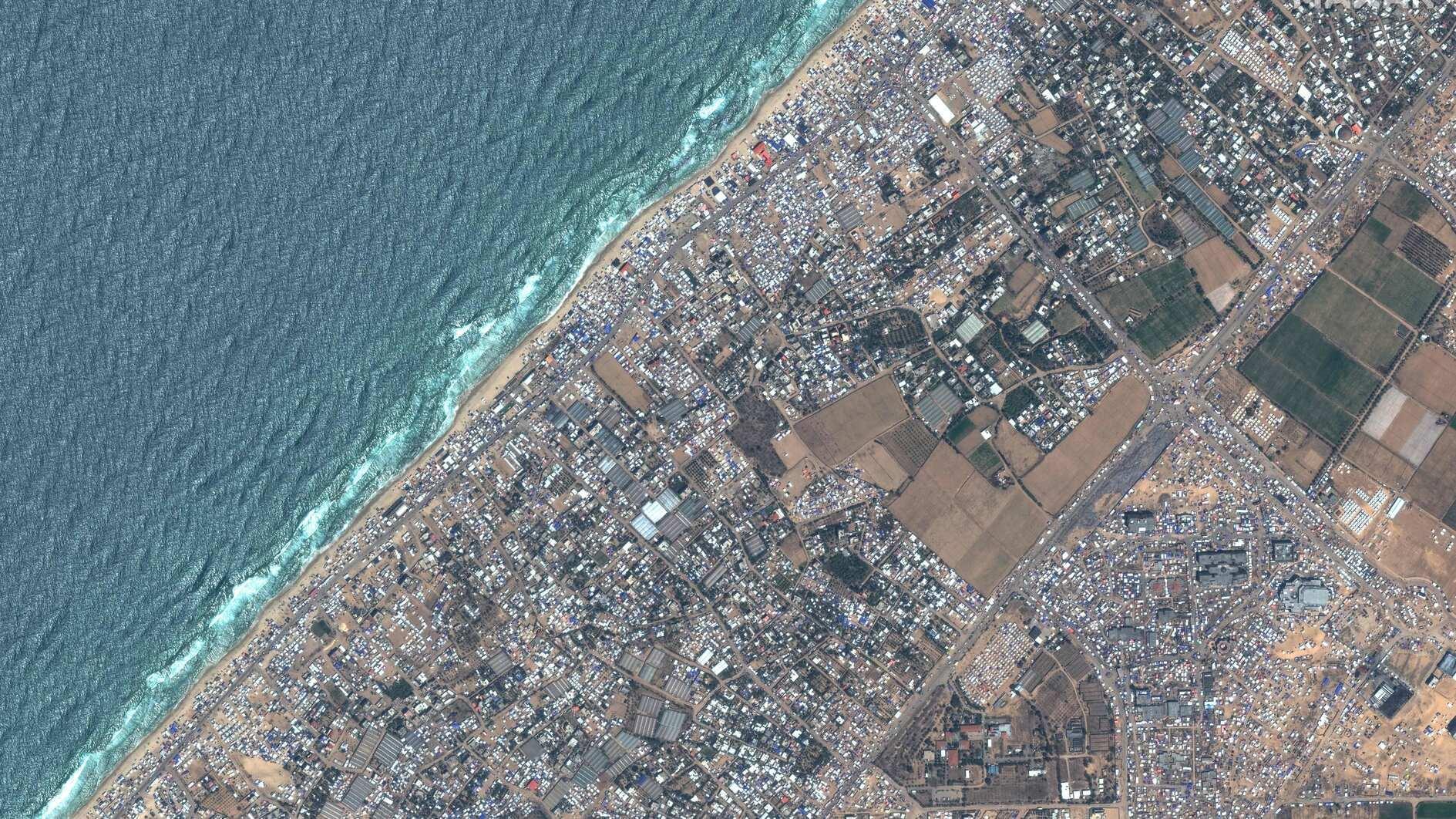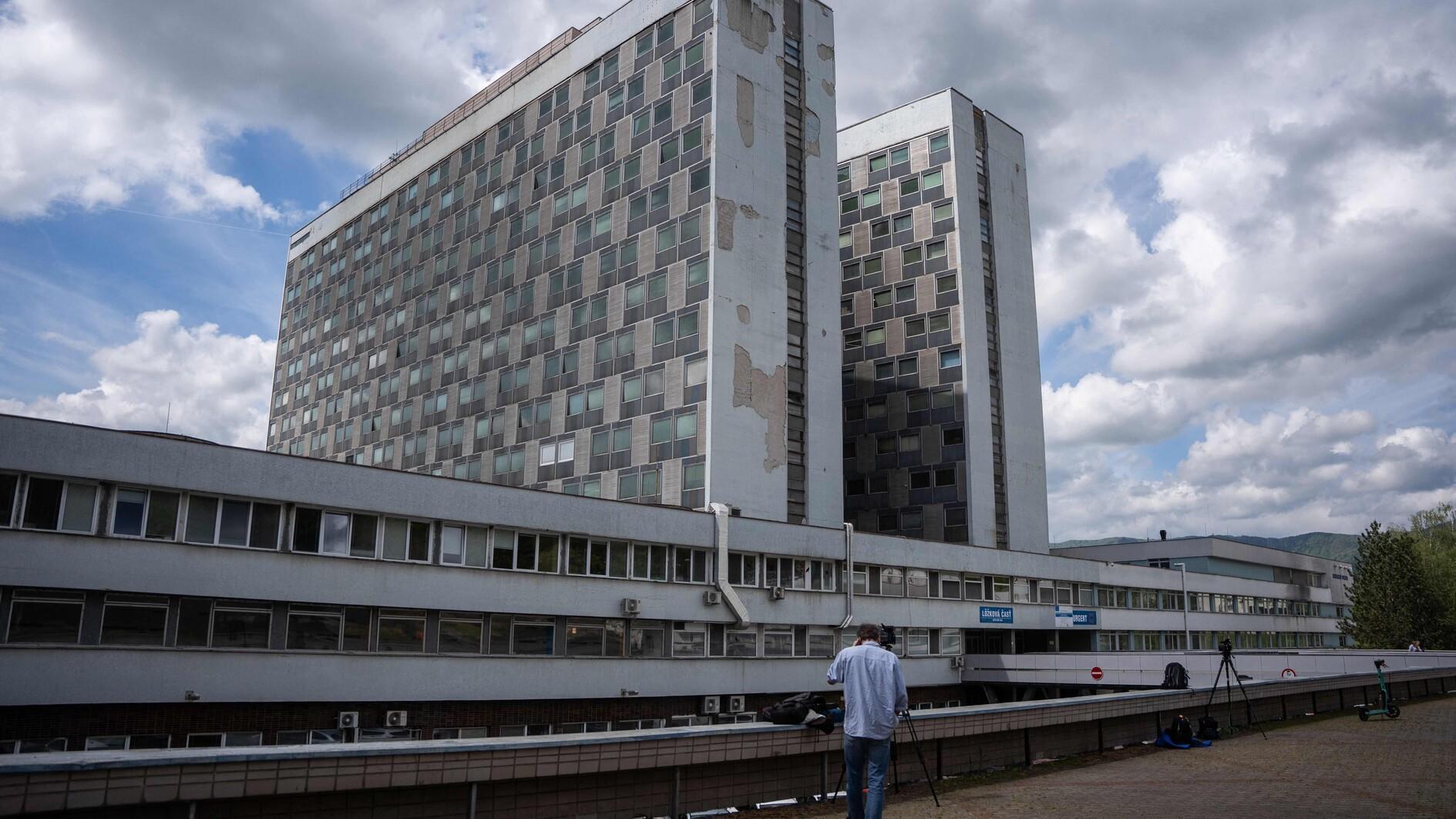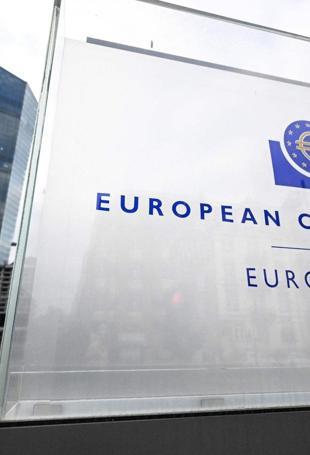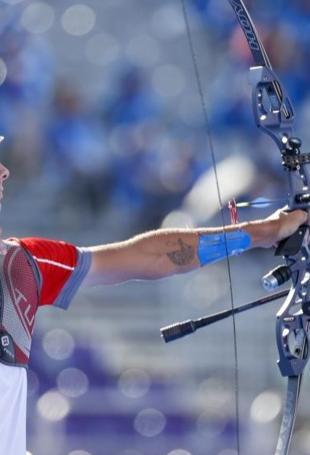Questions and perceptions
Who killed the three members of the separatist Kurdistan Workers’ Party (PKK) gang in Paris? How did they enter the high-security building? Since there was no sign of force applied to the door and the electronic lock was “opened,” can it be assumed that either the killers knew the code of the lock or they were people known quite well by the three women killed and the women let he, she or them in? Is it indeed true that the French police have said the heinous “executions” were carried out by three people? If there were no camera recordings or eye-witness reports, did police reach the conclusion that there were three murderers because of bullets from three guns?
How were the three women killed in that “safe” Parisian building? Why were they murdered? Who murdered them? Why were they killed at a time when a new Kurdish opening was garnering support in Turkey and the government took the utterly courageous step of sending top spies to İmralı prison and engaging the imprisoned terrorist chieftain in the process also?
We can continue asking questions but apparently, at least for now, there are no answers or anything other than abundant speculations of all sorts.
The crucial question – the answer to which would make a hell of difference – is, of course, whether the three women were murdered by the Turkish deep, shallow or whatever state, or whether they were victims of some sort of a power fight or discord within the gang. Could they be victims of some elements in the state or in the gang who were against even the prospect of peace, let alone achieving it?
According to plans at the time this article was being penned the remains of the three slain women were to be flown to Diyarbakır this afternoon and a massive ceremony held for them on Jan. 17 before they are to be sent to their hometowns for burial. In the east of Turkey, the slain women are considered heroes who have sacrificed their lives for the rights of the Kurdish people, while in western Turkey it is rather difficult to understand why three slain terrorists would be given such treatment. That is, of course, a major disparity of perception that needed to be ironed out through nourishing empathy in both societies if we want to give peace a chance.
In Turkish there is a saying, “There is no road further than death.” It is indeed a very wise saying. Even though it is difficult to preserve the equality of mankind, all religions teach that at birth and death people are equal. Rich, poor, patriot, traitor, whatever… Everyone is equal in death; titles, ethnicities, religious subscriptions, social status or passions, obsessions and such matter not. Would the PKK and its political wing, the Peace and Democracy Party (BDP), turn the funerals of the three slain women into something like a restaging of the Habur scandal of 2009? Would the gang and the BDP turn the funerals into a show of force and humiliate the Turkish public and state as they did at Habur, while welcoming terrorists coming down the mountain? Hopefully not.
But the same responsibility must be shown by the non-Kurds in society as well. A deputy visiting the family of one of the slain women to express condolences should not be turned into a vendetta. What is more humane than expressing condolences to a family who has lost a dear daughter even though that daughter was involved in some heinous acts? Come on, fathers and mothers, would you write off your beloved kid because he or she was involved in something the majority of people disapproved of? I would not.


